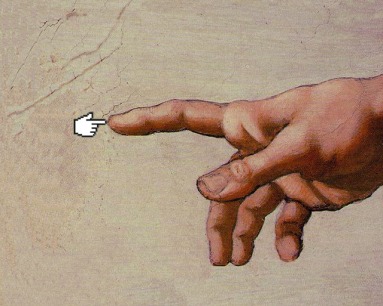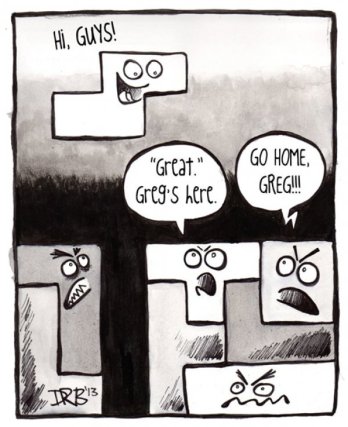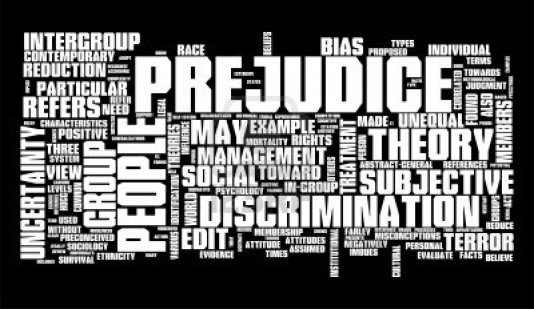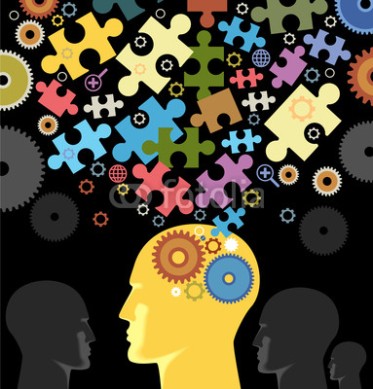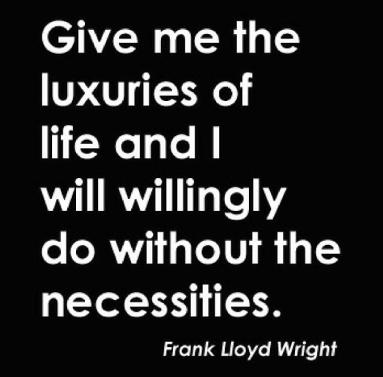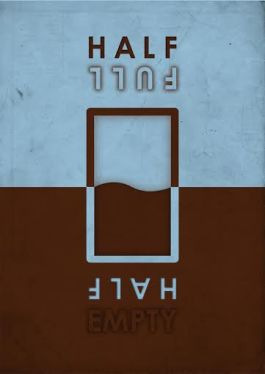 See About page for information on how this blog is formatted
See About page for information on how this blog is formatted
“The Optimist should never tell The Pessimist to behave more like an optimist. Optimists should extol pessimists for being pessimists. Pessimists improve an optimists life, in the sense that, while an optimist celebrates a mug half filled with ale, a pessimist carefully examines the same mug and becomes determined to find ways for it to be filled to the brim. Your drunk would be no more than a buzz, were it not for the pessimist. The optimist’s only concern is to live thoughtlessly in his world of disregard and self-absorption. Thank your god for your blessed life all you please, my friend. But tonight, as the sweet froth nudges down the side of your brimful mug, and you continue to ingest naivety as the fodder for your soul, it is the pessimist whom you should sing your praiseful tune. And tonight I, the pessimist, shall tip my glass to the optimist for lending me barely enough of his cherished hope to palliate the burdens of a cold cold world from sitting laden on my mind and to resist the prickles of a fraying rope from scratching sharp against the gullet of my throat.”
Dear Dude,
My life has changed drastically for the better over the past year and a half, as you should know, but others may not. The other night while I was out to dinner with my grandfather, he commented about me being more optimistic now than I had been in years past. It came as a bit of a shock. I consider myself a skeptical person and have always equated my skepticism to pessimism. Frankly, I was also a bit perturbed by his statement. In a sick way, pessimism always felt like a quality more unique to me than most people. Over the years I’d convinced myself, to the point of boasting, that pessimism allowed me to think more deeply and more unorthodoxically than I otherwise would.
On the darker side of the story, I used to wrongly posit that pessimism evinced the old, deep depressions, but I no longer assume this to be the case. There were times in my past when I was optimistic, possibly too optimistic, and it created a false sense of hope that provoked a lot of helplessness: but does this always have to be the result? It seems to me now that pessimism wasn’t the cause of depression as much as a survival mechanism to explain depression. Different ways of thinking that incurred over the years were more so a result of my depression than anything else. Unfortunately, because of my depression being masked in a veil labelled “pessimism” or “skepticism,” this thinking almost always escalated to the point of obsession and paranoia. My obsessive mind is always provoked by unhappiness, and it eventually grows dependent on misguided, beguiling notions of infallibility. Essentially, the obsessive mind is viciously stubborn and always “correct.” The thought of returning to that morass place is frightening.
Currently I would consider myself a deep thinker, but, in reflection, my grandfather was right: I am more optimistic than ever (prefaced above is an excerpt from a different piece of writing, which happened to provoke this blog entry. In my attempts to paraphrase the above piece to my grandfather, I decided it might be erroneous). I’ve noticed that, with my optimism, I am no longer obsessive; at least not as severely as before. Optimism does seem to be the source of mitigation for my obsessive tendencies. BUT, I also think that skepticism and honesty are two of the most important qualities for me to practice to remain personally and intellectually honest, and to resist returning to my old ways of thinking. What is your insight about the interplay and differences between pessimism, optimism, skepticism, and efforts to remain intellectually honest. What relation do you think these have to depression or obsession, if any?
Sincerely, A Ponderer
Dear Ponderer,
This is a conversation that could go in so many directions. Science has led us to understand the survivalistic reasons behind our optimism, and the necessity of it…but we also know that it has led some to completely delusional thinking. Where should we go with all of this? I am of the opinion that it’s extremely important to engage the world as it truly is. On the flip side of that, I also think it’s necessary to go about your actions as though they can make the world the way you would hope it could be. The fundamental problem with all of that is clear, my optimistic opinion of how things should be might not jive with how you think things should be.
What we have as a result of this is people calling themselves skeptics who are not skeptics, people calling themselves truth speakers who don’t speak truth, people professing that they have answers who do not have anything of the sort…we are facing information overload. The human mind seems to be wired to listen to the voice that is most sure of itself and not to the voice that is best versed in the empirical evidence and logical truth (I understand the redundancy of ‘logical truth’, but that’s how bad it has gotten…we need to describe which truth we are often talking about because liars, charlatans, and the deceived insist almost more than the well-informed that they speak the truth).
I completely understand the glamor and sick fascination of living in and entertaing our minds sickest thoughts. Let’s be straight, the world is FUCKED up. The cards are certainly stacked against us, and the world is beginning to figure that out. The phrase “you can do anything you set your mind to” should be changed to “you can do anything you set your mind to, but it will likely result in other people having to fail”. But we aren’t willing to accept that.
Skepticism is the philosophy of holding off judgment until the empirical data becomes quite clear. Pessimism, and I love your description of it, is that thinking that will say “there isn’t enough, we need more” and as a result it will go the other direction. A pessimist sometimes becomes an alcoholic because he thinks there is no other answer to his/her woe, to his/her struggle other than self destruction. A pessimist is just a twisted and jaded version of an optimist.
What is clear to me in this global state of confusion is we all want to think we’ve found the truth. What has also become clear from philosophy is that, we might all be full of shit in regard to any sort of assertion on that. That is why I see honesty and embracing ambiguity as, perhaps, the most important things any of us can do.
Why does this sometimes lead to depression? Because it betrays the natural instincts of our mind to see the world as it really is. The human creature thrives on its optimism. There are things we would have never done had we been realistic. Land on the moon? Build a skyscraper? Sit in sky chairs comfortably while being flown to grandma’s house for Christmas?
But being a skeptic does not have to result in despair. An honest skeptic will not be so prone towards dark and cynical obsessions. They acknowledge their gifts for intellect but also understand how limited they are in knowing any big T truth. If you wander into skepticism before you are equipped to handle the mindset, it’s easy to be endlessly impressed with your own ideas and flabbergasted at how much people don’t see reality for what it truly is. I think where many skeptics trip up is thinking that their philosophy makes them a better person than other people. All it has done is given them a lens for being more honest. Honesty perhaps does make us better people, but not if that’s our reasoning behind being honest, to prove we are better and more righteous. I hope this addresses some of your questions, I think this will suffice for now.
Always a pleasure,
Some Dude
Brief Response:
Dude,
Thank you for your reply. I agree that skepticism and being a good person are not one in the same. It seems that honesty and willingness to accept ambiguity are the necessary tenets to put the horse before the carriage, opposed to allowing self interest to determine one’s beliefs, convictions, and sense of honest. It does take a particular mindset to be able to put honesty and ambiguity before all else: a mindset that I never eased myself into in the past, and because of that, ended up with undesirable results.
I’m reminded, reading your examples of achievements achieved through optimism, of how skepticism and contrarianism are different. The skeptic can believe in the optimist while questioning things reasonably, whereas the contrarian takes the contrary stance regardless of what reason suggests. This is all the perfect reminder to be open-minded whilst retaining an intrigue for critical inquiry, instead of thoughtlessly objecting, as I’m certain was the case before, when my obsessions and paranoias eviscerated any and all of my happiness. I must remember to cogently question and investigate the happenings around me that optimism once prevented me from questioning, in order to retain my existing optimistic state.
Thank you again, A Ponderer
